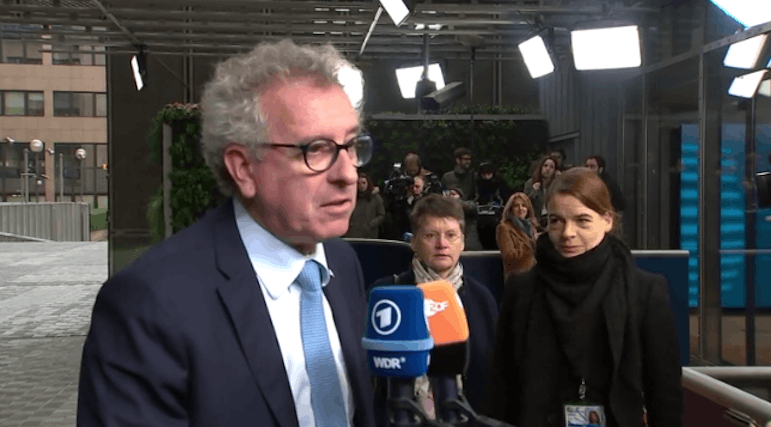Gramegna had put his hat in the ring against 3 other candidates: Mario Centeno, minister of finance of Portugal, Peter Kazimir, minister of finance of Slovakia, and Dana Reizniece-Ozola, minister of finance of Latvia.
There were reportedly three voting rounds; in the first Latvian Reinzniece-Ozola was eliminated in the first round, followed by Slovakian Kazimir. This left Gramegna against Centeno.
All the candidates gave a presentation of a few minutes before the votes.
Over the past few days, the Portuguese finance minister had emerged as the favourite, securing the support of Germany, France, Italy and Spain. Portugal was one of the countries which received financial loans from the European Stability Mechanism, but has successfully left the programme.
Gramegna had said before the Eurorgoup meeting that he was “in it to win it”, and that his experience as finance minister over the past 4 years, combined with 20 years as a diplomat, made him an excellent candidate.
However, these nominations are usually a delicate balancing act of European party politics, which endeavour to make sure that no party is dominant, and of small/big, East/West, North/South member states. Gramegna was unlikely to win because Jean-Claude Juncker, the current European Commission president, is also a Luxembourg national, and that this post may be tagged for an east or south European country.
